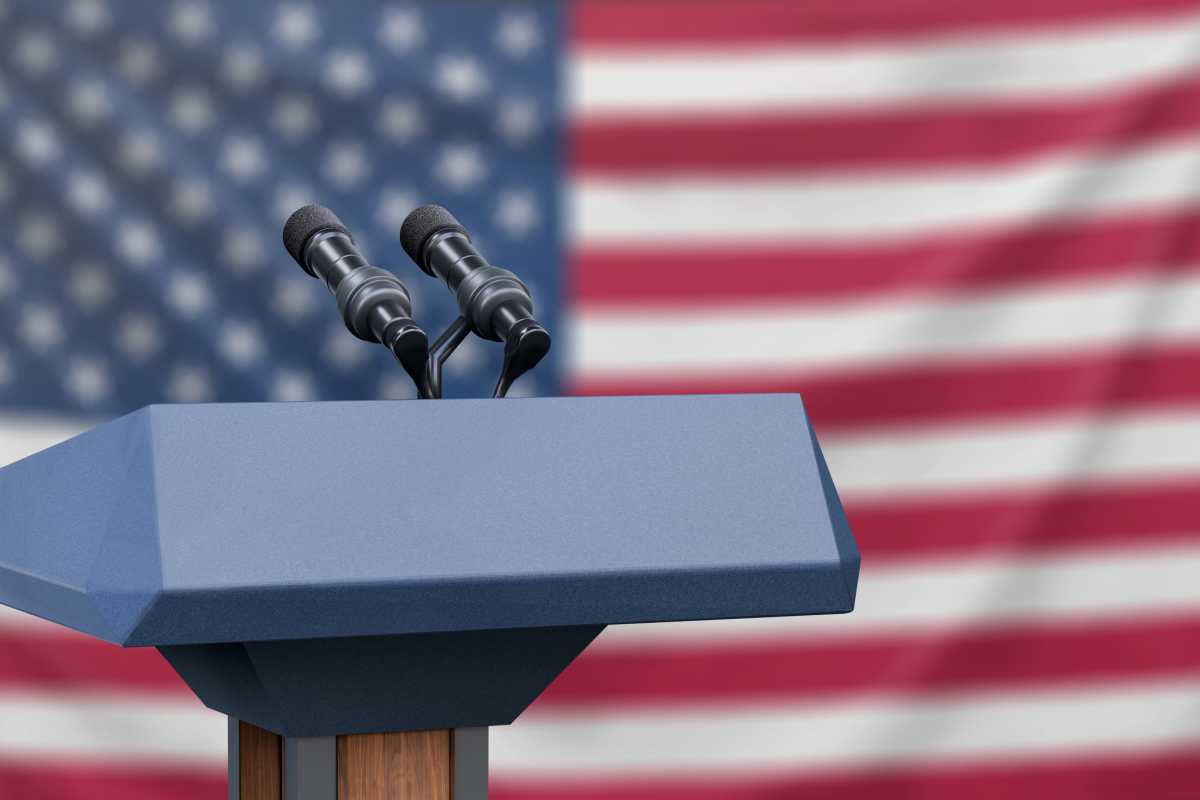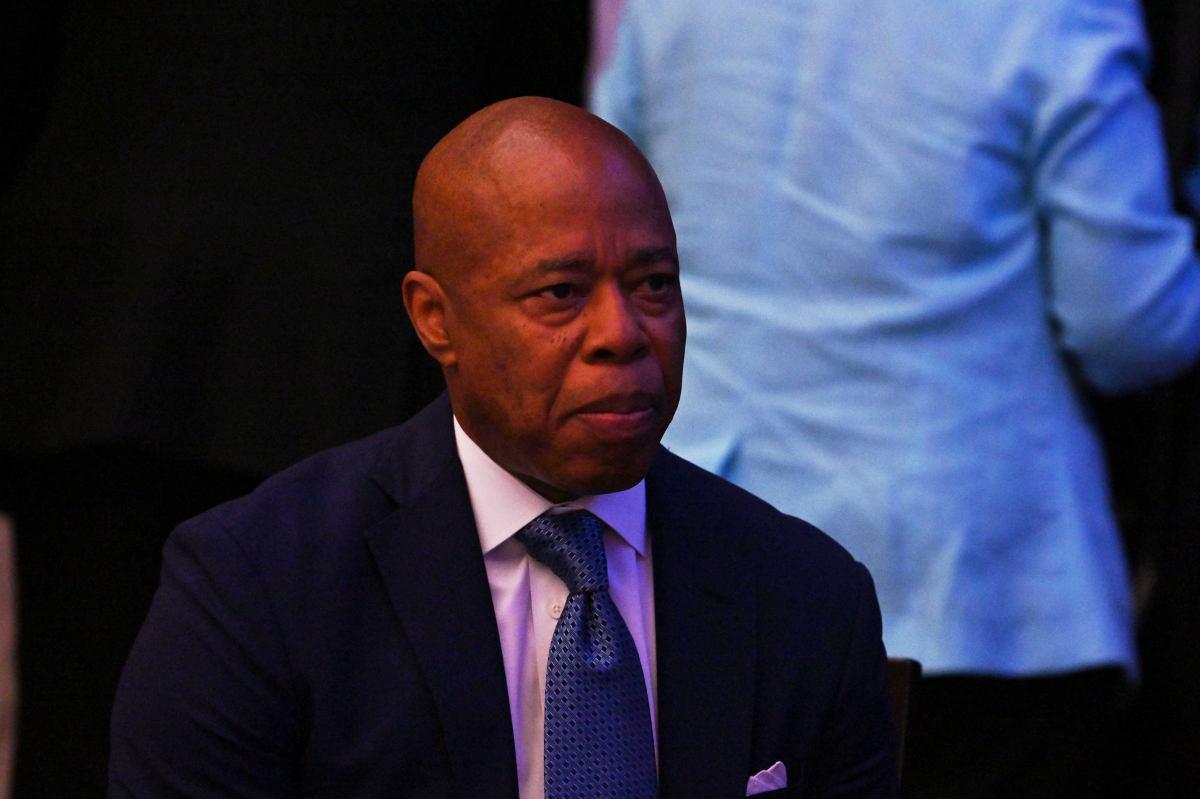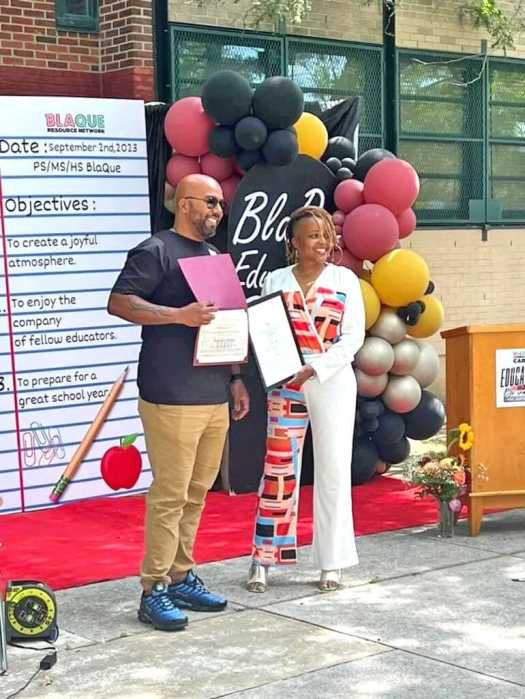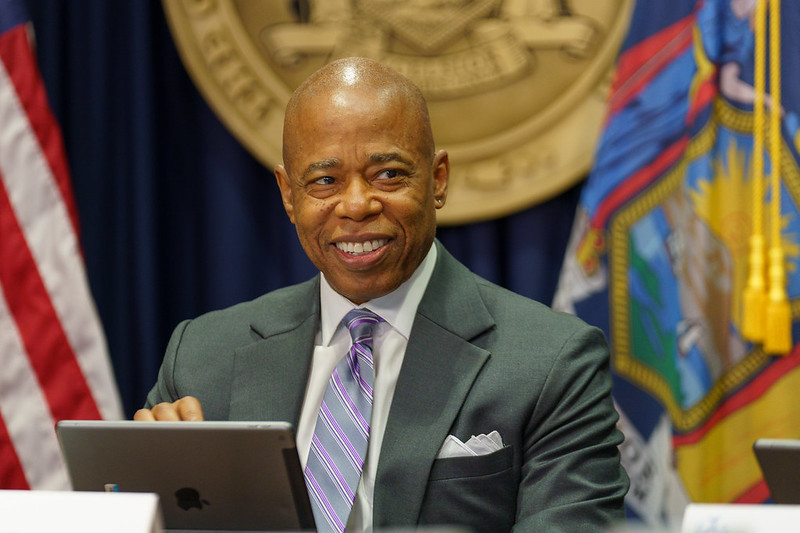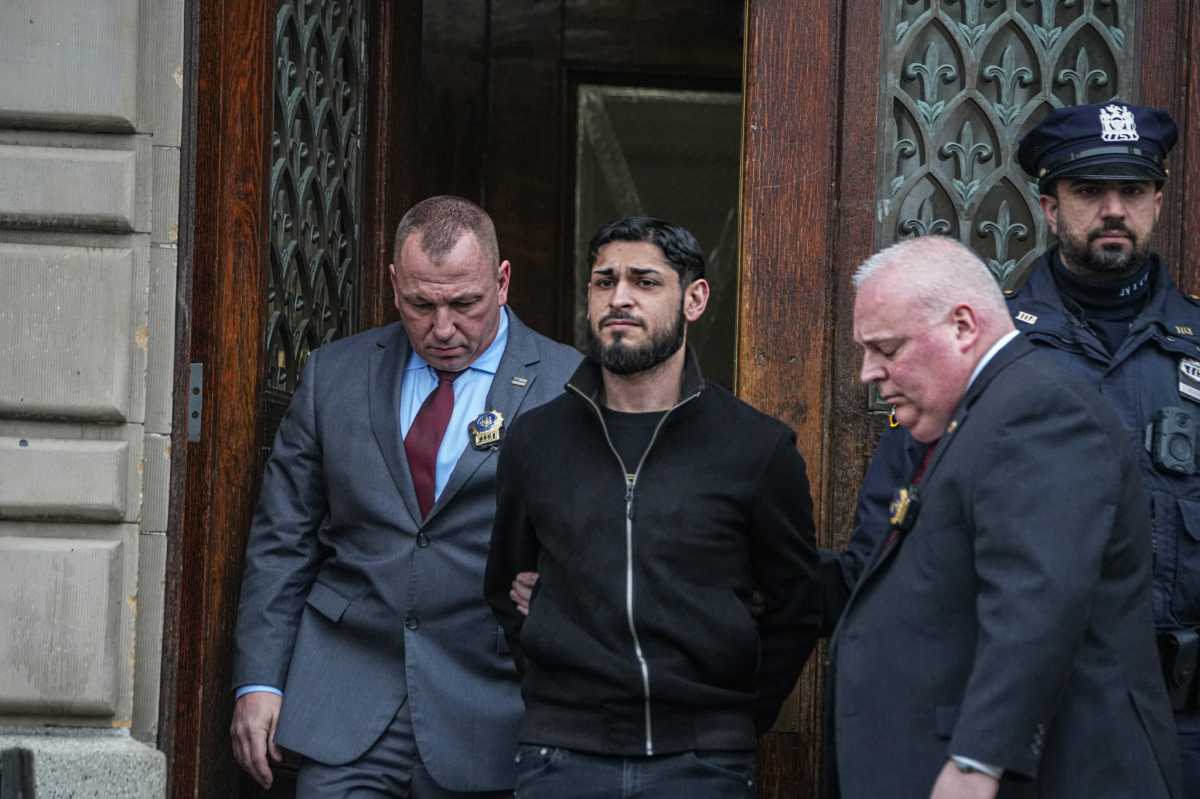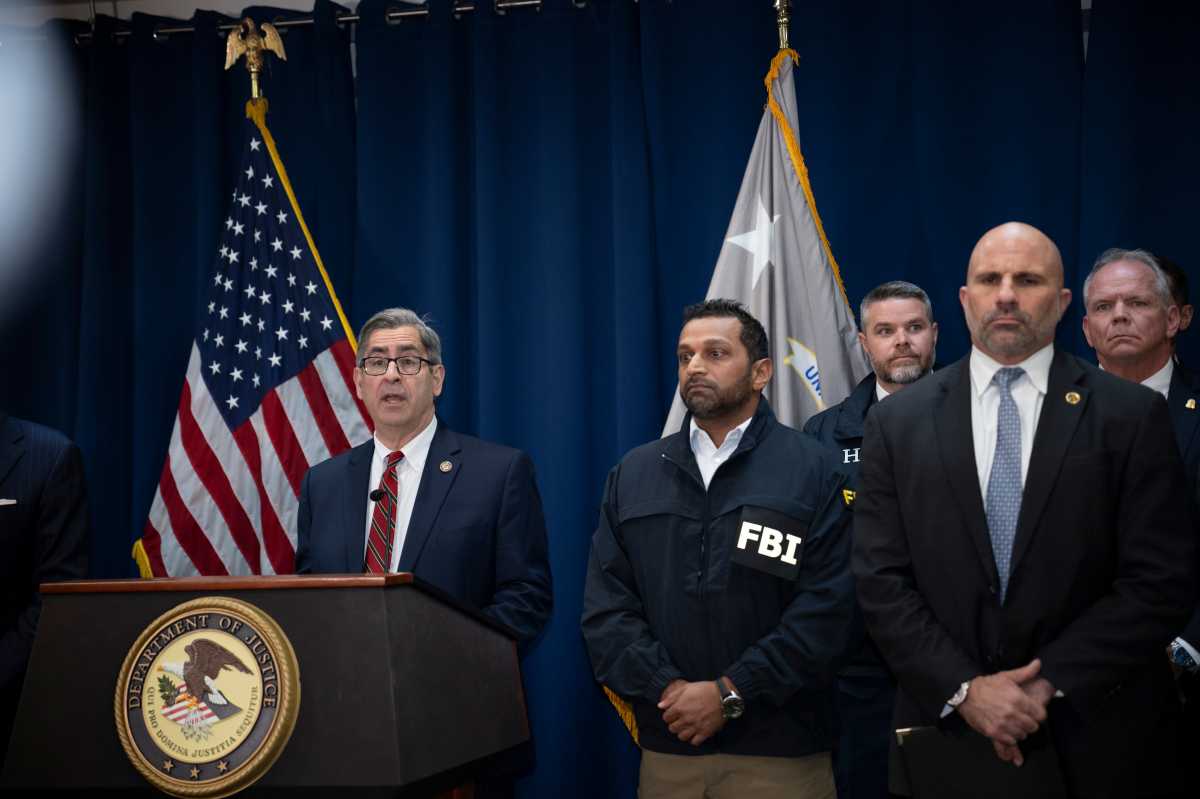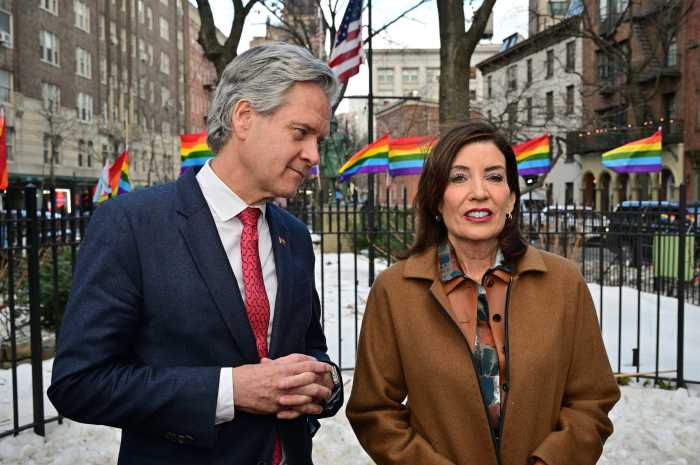The much-anticipated Sept. 10 presidential debate between Vice President Kamala Harris and former President Donald Trump has come and gone, leaving the usual flurry of pundits and political analysts dissecting who emerged victorious. While debates have traditionally been seen as crucial to a candidate’s path to the White House, we must ask ourselves: are these televised face-offs really the best gauge of a candidate’s fitness to lead the United States?
Time and again, the perceived winner of a debate is decided not by the depth of policy knowledge or leadership displayed but by the media’s post-debate analysis. Media outlets, often influenced by their own political leanings, shape the narrative of who performed better. In the absence of a clear consensus, political pundits—many with clear sympathies or allegiances—step in, offering their interpretations that sway public perception. This raises a critical question: shouldn’t we develop more objective criteria for evaluating debate performances and, ultimately, a candidate’s suitability for the presidency?
Drawing on my decades of practical experience and academic expertise in political science, I contend that we should not place undue emphasis on debates as the definitive measure of leadership. These events frequently prioritize flashy sound bites over substantive discourse, turning complex policy discussions into superficial performances. Reflecting on my own experiences with debates, where preparation often centered on outmaneuvering opponents rather than engaging in meaningful dialogue, it’s evident that this format is woefully inadequate for assessing the multifaceted demands of the presidency.
Despite the limitations of debates, both Harris and Trump faced immense pressure to deliver compelling performances. Historically, the candidate deemed the “winner” enjoys a surge in momentum, often reflected in subsequent polls. It is my hope that both demonstrated maturity, professionalism and a focus on the pressing issues facing the nation. The world watched closely, scrutinizing every word, gesture and facial expression.
This debate was not only a pivotal moment for the candidates but also a critical test for ABC News, tasked with ensuring that the event transcended mere spectacle and focused on the substance. In a political landscape often marred by sensationalism and bias, the hope is that media coverage adheres to the highest standards of fairness and professionalism, allowing the electorate to form their own informed judgments.
Ultimately, while debates play a role in the electoral process, they should not be the sole or even primary barometer of a candidate’s potential to lead. As we watched Harris and Trump spar on stage, it’s important to remember that true leadership extends beyond rehearsed lines and quick retorts. We must look to a broader evaluation that includes but is not confined to, debate performances.
In the aftermath of this debate, opinions on who emerged victorious have varied widely. Some argue that Harris exceeded expectations simply by standing her ground against Trump, a figure many view as larger-than-life. Conversely, others feel that Trump delivered a more substantive performance. These divergent views underscore the inherent subjectivity in debate assessments, further highlighting the need for more comprehensive criteria.
As voters prepare to cast their ballots on Nov. 5, it is crucial that they base their decisions on a holistic understanding of the candidates—one that goes beyond the theater of debate. The presidency demands more than the ability to perform under bright lights; it requires a leader who can navigate the complexities of governance with vision, integrity and a steady hand. Let us not allow the spectacle of debate to overshadow the more substantive considerations at the heart of this election.
*George Onuorah, author and publisher from LeFrak City in Queens, is a 1986 Graduate of Political Science from City University of New York-York College.

